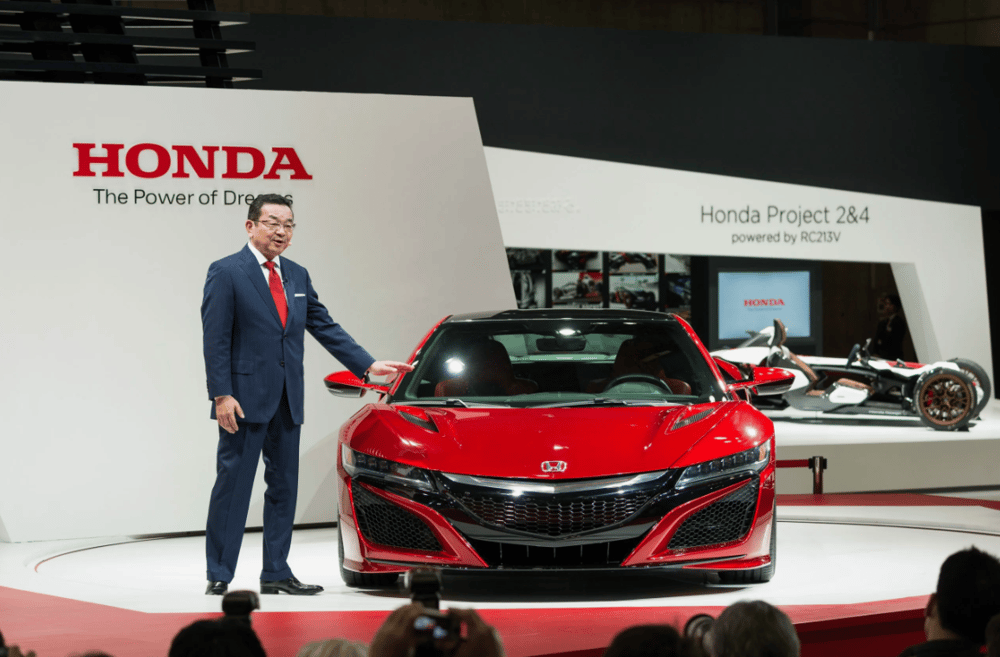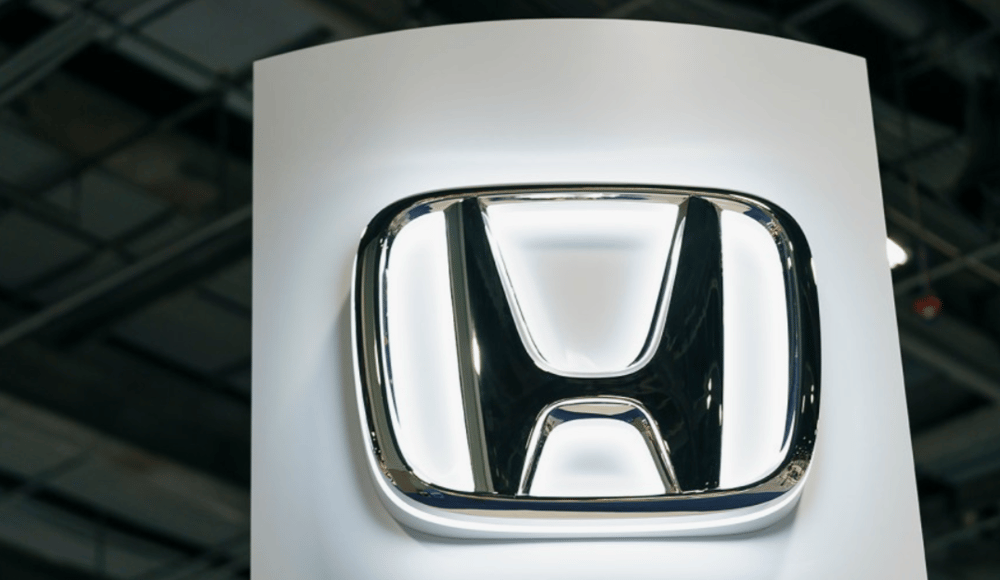Honda Recalls Over 259,000 Vehicles in U.S. Amid Brake Pedal Defect Risks
Honda Motor Co. $7267.T has initiated a significant recall campaign in the United States, affecting more than 259,000 vehicles due to a defect in the brake pedal assembly. According to the U.S. National Highway Traffic Safety Administration (NHTSA), the faulty component may shift out of position, potentially compromising braking performance and increasing the risk of collisions or injury. The issue impacts a wide range of models across the Acura and Honda brands, covering production years from 2021 to 2025.
Implications of the Recall on Honda's U.S. Operations and Brand Integrity
The recall involves specific units of the 2021–2025 Acura TLX, 2023–2025 Acura MDX, and 2023–2025 Honda Pilot. According to the NHTSA, the brake pedal pad in these vehicles may become displaced due to a manufacturing defect in the mounting bracket, impairing the driver’s ability to apply adequate braking force during operation.
This defect poses a serious safety hazard, particularly under emergency braking conditions, where full and immediate pedal response is critical. Honda has stated that it is not aware of any injuries or fatalities linked to the defect as of now, but the recall comes at a time when automotive safety standards are under heightened scrutiny in the U.S. market.

Key Facts:
🚗 A total of 259,033 vehicles recalled in the United States.
🛠️ Affected models: Acura TLX (2021–2025), Acura MDX (2023–2025), Honda Pilot (2023–2025).
⚠️ The defect involves brake pedal shift, reducing effective braking ability.
📢 Official recall notice issued by NHTSA on Wednesday.
🏭 The problem stems from manufacturing inconsistencies in component fitting.
📞 Honda will notify affected owners and offer free repairs at authorized dealers.
Market Response and Strategic Impact on Honda’s Brand
The announcement has sparked concerns over quality control and production oversight within Honda's U.S. operations, especially as global automakers navigate complex supply chain vulnerabilities post-COVID. While recalls are not uncommon in the automotive industry, issues tied to braking systems are considered particularly damaging due to their direct impact on driver safety and vehicle performance.
From an investor standpoint, Honda's Tokyo-listed shares saw limited movement in early trading following the news, suggesting that the financial market has priced the recall as operationally contained. However, reputational risks, particularly in the premium segment (Acura), may weigh on brand equity if the issue is not resolved swiftly and transparently.

Key Strategic Points:
Safety First — Braking system failures carry high reputational and legal risk.
Regulatory Oversight — NHTSA's proactive stance reinforces industry compliance pressure.
Customer Loyalty Risk — Acura owners expect high build quality; recalls challenge that perception.
Dealer Coordination — Honda's ability to swiftly complete repairs will be key in containing fallout.
Broader Context — Follows a pattern of global recalls across multiple OEMs tied to component issues.
Operational Challenge with Long-Term Brand Implications
The recall of over a quarter-million vehicles in the U.S. is a significant event for Honda Motor Co., not only in terms of cost and logistical effort, but also in its potential to erode consumer trust—particularly in North America's competitive SUV and luxury sedan segments.
While the automaker has moved quickly to acknowledge and address the defect, the scale and nature of the issue—affecting the brake system, a core safety feature—underscore the critical importance of manufacturing precision and supplier quality assurance in modern auto production.
The financial damage may be limited in the short term, but the long-term brand perception among safety-conscious consumers will hinge on Honda’s recall execution and transparency in communication.















Comments
This development could reshape how automation technologies are valued and integrated across sectors